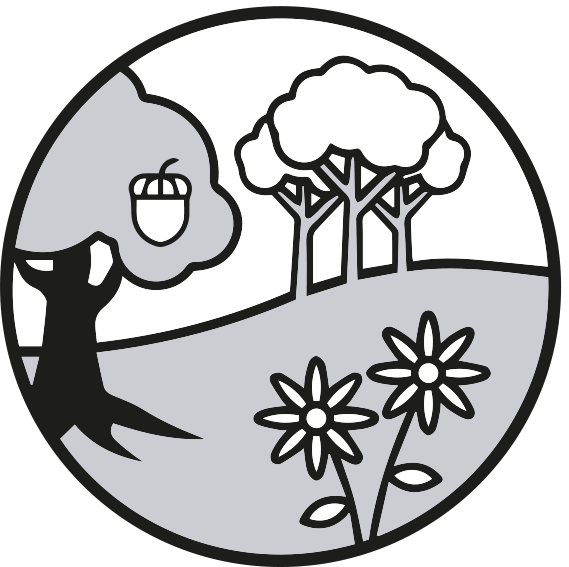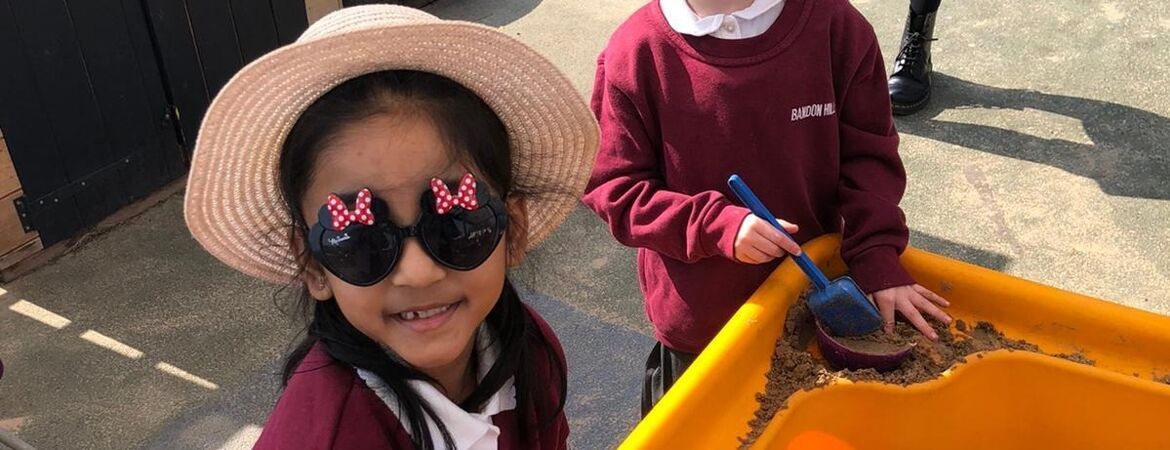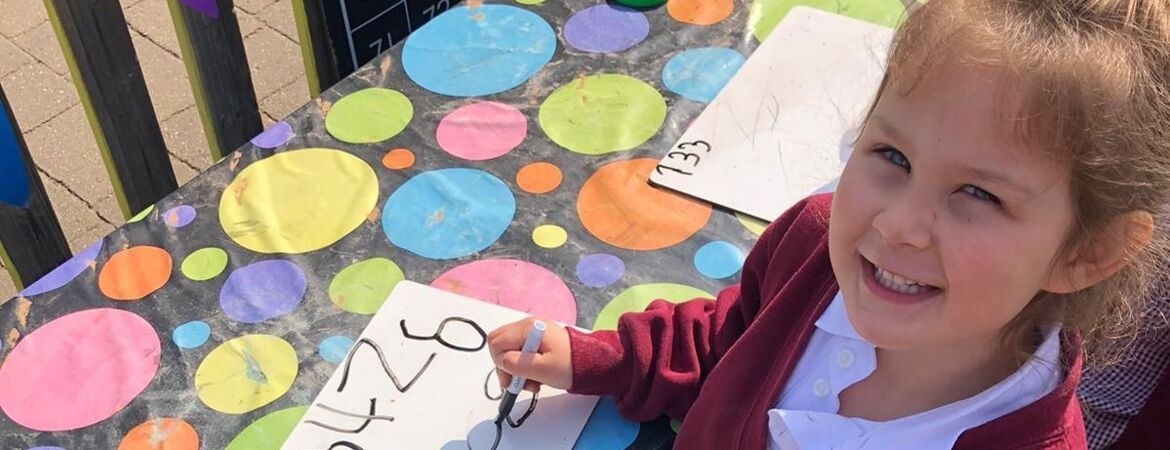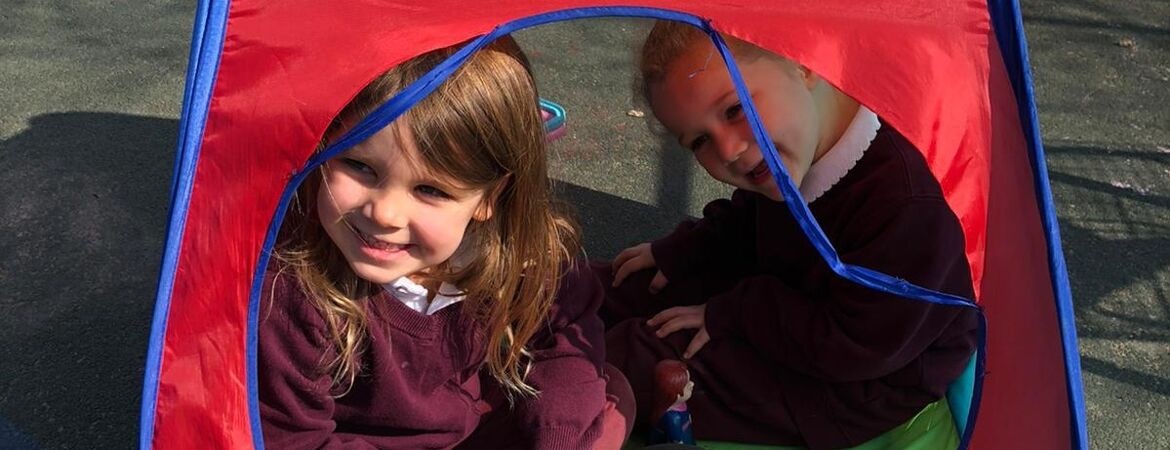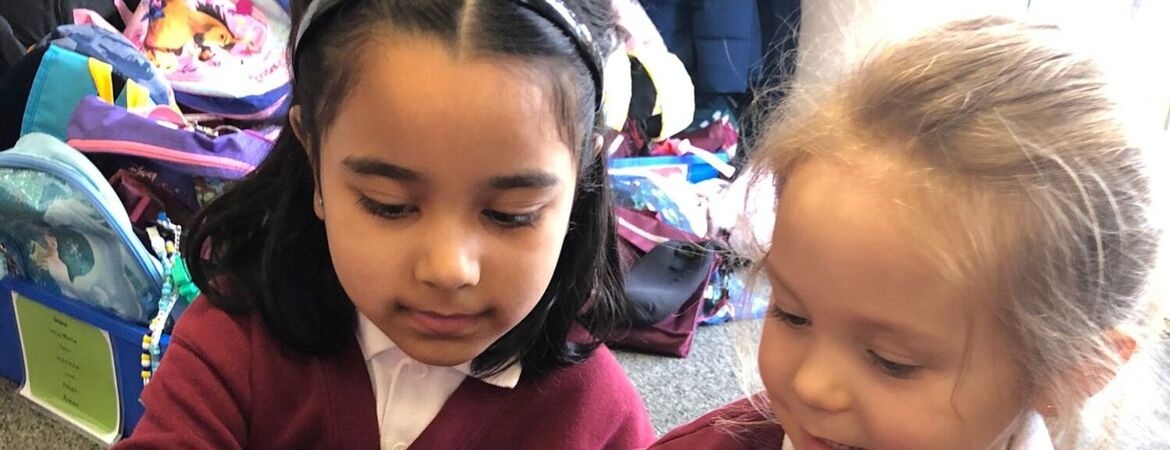What is Early Years?
Reception
-
Kind
-
Respectful
-
Inquisitive
Promoting independence, becoming resilient learners, developing creative mindsets.
The Reception classes at Wood Field Primary School are called Rabbits, Squirrels and Hedgehogs. Please view our welcome powerpoint here for more information.
The curriculum
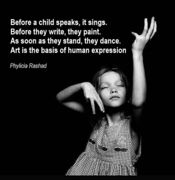
We follow the EYFS Framework which is the curriculum set out by the Department for Education. This includes seven key areas of learning and development. These seven areas of learning and development are split into three prime areas and four specific areas. Children are supported to develop in the three prime areas first.
These are:
Communication and language
- Listening, attention and understanding
- Speaking
Physical development
- Gross motor
- Fine motor
Personal, social and emotional development
- Managing self
- Self regulation
- Building relationships
As children grow, the prime areas will help them to develop skills in four additional areas. These are:
Literacy
- Comprehension
- Word reading
- Writing
Mathematics
- Number
- Numerical pattern
Understanding the world
- The natural world
- People, culture and communities
Expressive arts and design
- Being imaginative and expressive
- Creating with materials
These seven areas are used as a framework to plan activities to aid your child’s learning. The professionals, teaching and supporting your child, will make sure that these activities are suited to your child’s individual learning and developmental needs.
Underpinning these 7 areas are 3 behaviours children use in order to learn. These are known as the characteristics of effective learning. These characteristics of effective learning focus on three key elements: engagement, motivation and thinking. Children in the EYFS learn by playing and exploring, being active, and through creative and critical thinking which takes place both indoors and outside.
Characteristics of Learning
Playing and exploring
- Finding out and exploring
- Playing with what they know
- Willing to have a go
Active learning
- Being involved and concentrating
- Keep trying
- Enjoying and achieving what they set out to do
Creating and thinking critically
- Having ideas of their own
- Making links
- Choosing a way of doing things
Learning through play
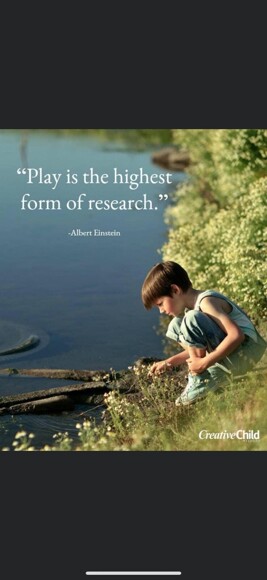
We ensure learning is fun and engaging; we want our children to develop a love of learning in these first school years. The EYFS philosophy is to ‘Learn Through Play’. Through this approach, a child can learn to make sense of the world around them. Play allows children to develop social and cognitive skills, mature emotionally, and gain the self-confidence required to engage in new experiences and environments.
Our children benefit from a mixture of learning opportunities including:
- carpet time - when the teacher facilitates interactive, whole class teaching sessions. This can include stories, singing, phonics and early number skills.
- free flow - the children are encouraged to explore the learning environment, both inside and out, accessing high-quality resources and learning activities made available by the staff.
- small group work - educators in the setting carry out collaborative learning with small groups of children. This is mainly play based and offers the opportunity to play and learn alongside other children, with the support of an adult.
- 1:1 learning - adults work on a ‘one on one’ basis to support a child’s learning. This may include reading, writing work or to develop early maths skills.
Learning journeys and class scrapbooks
The educators in the setting provide many opportunities to talk to children and develop their communication and language skills. The educators record children’s WOW moments through observations, photographs and examples of their independent work. These are compiled into your child’s personal ‘Learning Journey’ to show their progress through the EYFS. Each class also has a scrapbook to document special events, trips, visitors, and topic work. These follow the children up as they go through the school. The purpose of these is to encourage the children to recall what they have learned and discuss how it links with current and prior learning. In partnership with the Learning Journeys, these fantastic documents showcase the excellent learning opportunities that the children experience at Wood Field and as well as each child’s attainment. We encourage the children to look through these whenever they would like to, and we share them with parents at Parent’s Evenings. Please do send in contributions from home; it is important to include ‘parent voice’ in their Learning Journeys. Class teachers can advise you on how best to do this should you like some inspiration!
Parent partnership
We understand that your child starting school is a very big step for you all. We endeavour to build relationships with our parents to ensure that this handover is as smooth as possible. All Reception pupils at Wood Field will have a home visit. This is an opportunity for you to talk with your child’s new teacher, to ask questions and raise any worries or concerns that you, or your child, may have. It also provides your child with the chance to meet their new teacher in a safe and familiar environment, laying the foundations for a positive relationship.
At the beginning of Reception, we encourage parents to drop their children at the classroom door. This allows you to have a verbal handover with the class teacher should you need it. Emails are also checked daily, so they are an effective means of communication for working parents.
Please find below the links to:
- The Induction meeting information
- A social story about starting school to help the children’s transition into Reception.
- Wood Field’s Early Years vision
- The Greenshaw Learning Trust’s Early Years vision
- The curriculum map and long-term plan. They provide an outline of topics that will be covered during the year. However, there will be many others that are developed in response to the children’s interests. You will receive regular updates about learning, topics, and tips of things you can do at home through the Year Group weekly newsletter.
Click here to view our EYFS long term plan for 2024 -25.
Click here to view our EYFS vision document.
